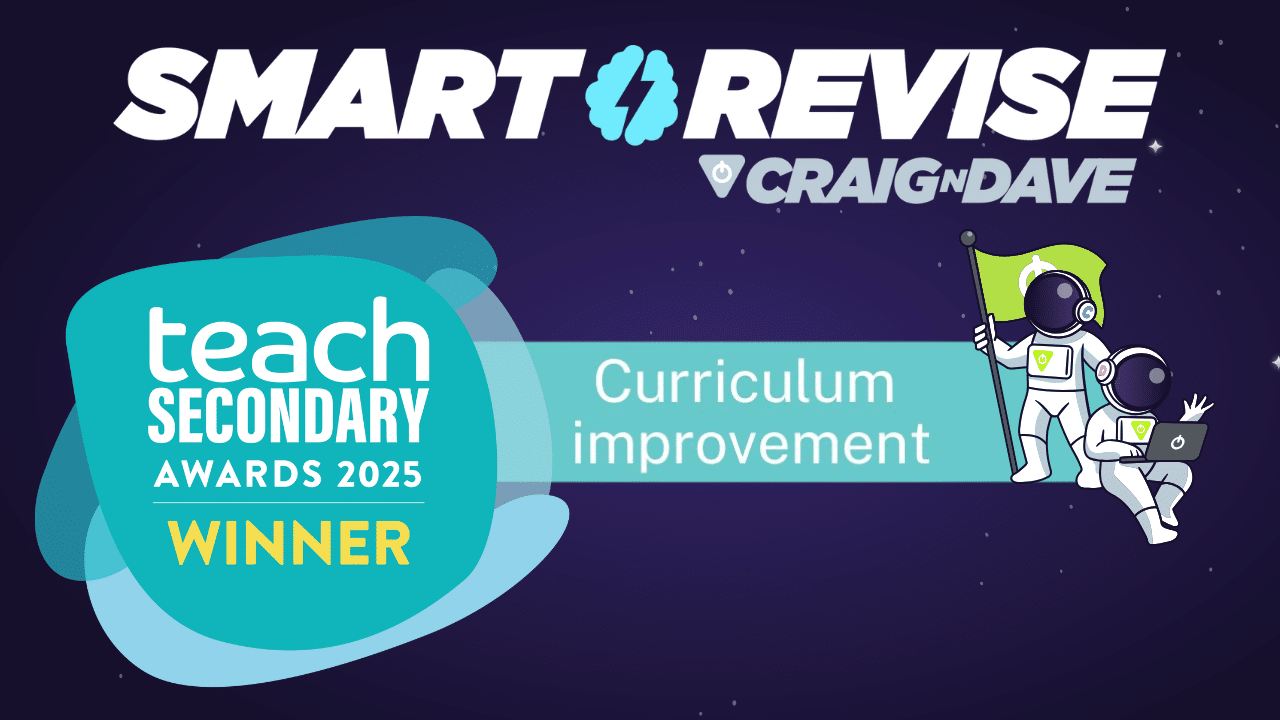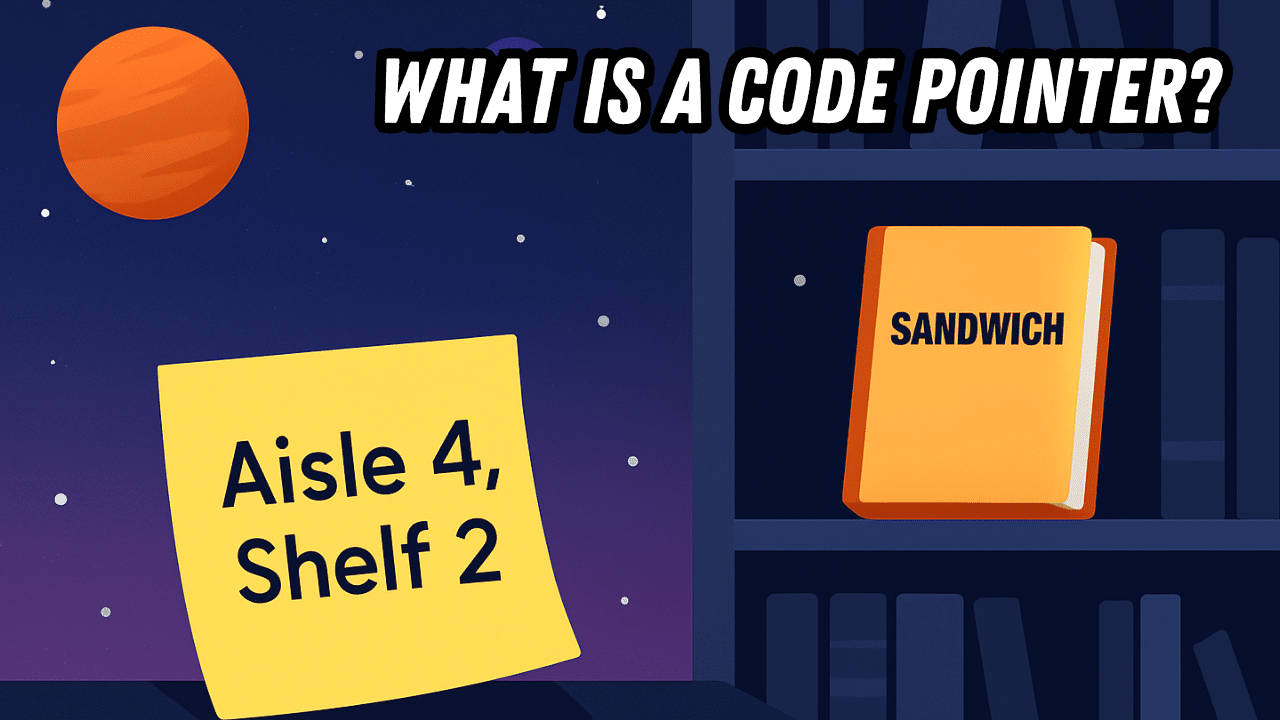
19 November 2024

This is a topic that sparks a lot of debate: technology in sport. Some fans say tech is ruining their beloved sports, while others believe it’s making it fairer and more exciting. Let’s unpack how technology like Hawk-Eye, VAR, and AI have transformed the world of sports, for better or worse.
Precision or frustration?
Tennis fans are in for a big change. Wimbledon’s line judges are being replaced by Hawk-Eye technology—a camera system that makes precise calls on whether a ball is in or out. While this guarantees accuracy, something vital is lost: the drama. Remember when a player would challenge a call, and the crowd would hold its breath? Now, it’s simply “The computer says it’s out.” Accurate? Yes. Thrilling? Not so much.
Football’s introduction of VAR (Video Assistant Referee) was meant to correct bad calls. But has it made the game more enjoyable? While it does improve fairness, it’s hard to ignore the frustration when a game grinds to a halt for a five-minute review over whether someone’s toenail was offside. The precision is great, but the momentum of the game? That’s often the real casualty.
Data and AI: The future of fan engagement
Beyond refereeing tech, AI and data analytics are reshaping how fans engage with sport. Companies like Opta track everything from player speed to match predictions, turning sport into a data-driven experience. While it’s a different way of connecting with the game, some fans miss the messy, emotional moments that stats can’t capture.
So, Has tech really ruined sport?
Not quite. Technology hasn’t killed sport—it’s evolved it. The drama may now lie in data points and AI predictions instead of human error, but the heart of sport remains. Whether you’re shouting at a referee or a computer, the passion is still there.
Watch the full video on our channel to dive deeper into how tech is transforming sport.

For more Lesson Hacker Videos check out the CraignDave YouTube playlist HERE.
Visit our website to explore more cutting-edge tech-transforming news in the computer science world!










